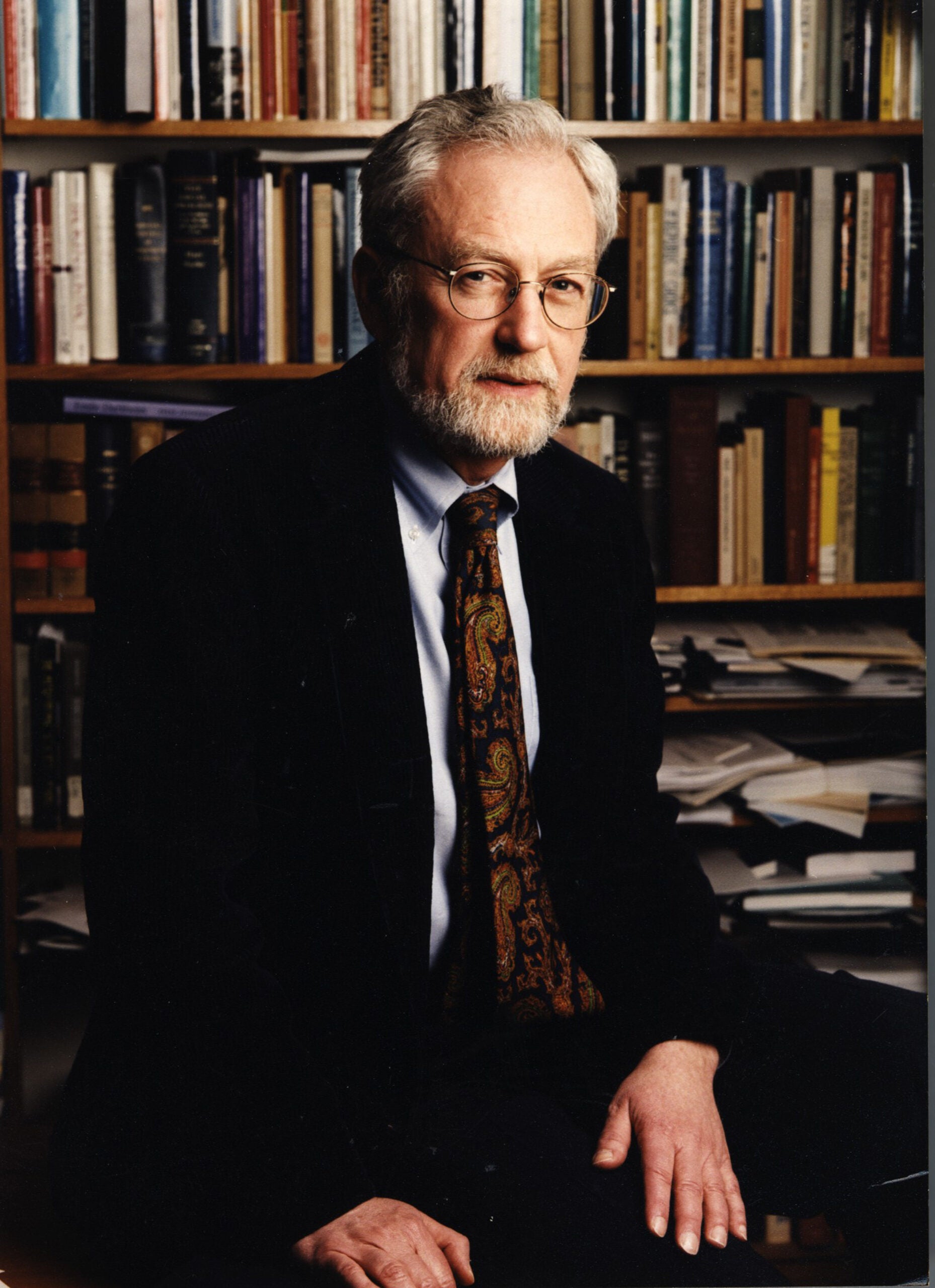Todd Rakoff ’75, Byrne Professor of Administrative Law since 1996 and a member of the faculty since 1979, will begin in July in the new position of dean of the J.D. program.
His appointment to a three-year term comes as the School nears completion of a strategic planning process to examine its curriculum and educational program, areas that he will manage in his new role. An associate dean from 1993 to 1998, Rakoff will also be responsible for working with the faculty committee that appoints lecturers and visiting pro-fessors; for overseeing academic requirements and organizing the curriculum; and for making recommendations on teacher training and joint degree programs, according to Dean Robert Clark ’72.
The School is introducing the position in response to the growth of HLS and the demands on the dean of the Law School, and to fulfill the goals of the strategic planning process, said Associate Dean Carol Steiker ’86.
“It’s really essential to have someone focus on long-range academic and curriculum planning,” she said. “Todd is the obvious person on the faculty to do it. He’s devoted himself to issues of pedagogy. This is really something he’s very committed to.
“I’m personally thrilled that he’s taking on this job. When we think about the reasonable man, we think about Todd Rakoff. Todd embodies the characteristics of reasonableness to which the legal profession aspires.”
Rakoff said that he will seek both to improve existing programs at HLS and to introduce new components to the course of study. He said that the School hopes to offer information on two years of upcoming courses rather than the current one year to allow students to do more long-range course planning. He favors offering expanded opportunities in the joint degree programs, with an attempt to forge closer partnerships with the traditionally autonomous schools of the university.
“If you were looking at this from a marketing point of view, clearly one of the potential competitive advantages of Harvard Law School is not only that it is a terrific law school but it’s sitting right next to a terrific business school, terrific school of government, terrific medical school, terrific departments of philosophy, economics, and so forth,” he said. “For those who are interested in [joint programs], Harvard University, taken as a whole, ought to be the place that they want to come to. Up to now we have not reaped all the advantages of that.”
In response to scrutiny and some complaints regarding the student-faculty ratio at HLS, Rakoff said that the ratio has improved and he expects further improvement in the future. Yet he contended that student-faculty ratio “is not the most important determinant of either the quality of what students learn or their happiness.”
Rakoff said the School should explore more advanced courses, including specialized “capstone” courses that have prerequisites, as well as research programs on the cutting edge of law. Indeed, the School should offer a curriculum that reflects the fast-evolving practice of law, he said.
“The practice of law has radically changed, and that challenges us to ask whether our curriculum educates our students to meet the demands of the current situation as opposed to the situation 25 or 50 years ago,” said Rakoff.
Today’s law school education should encompass not only the traditional and developing subjects, but an examination of the legal profession itself, Rakoff believes. Such a program could address the available legal jobs, the typical career paths of lawyers, and the different roles within the legal profession. Students, he said, “get their image of the legal profession from reading the newspapers and watching Law and Order. If they’re going to invest their lives [in the profession], they need better than that.”
The image of the law, often gleaned from popular culture, has been tarnished since Rakoff was an HLS student, he said. The School, as part of its role, should emphasize the constructive side of the law, the side that inspired many of his classmates to enter the profession and to foment positive change, said Rakoff.
“When I went to law school in the early 1970s, if you asked people what they knew about the legal system before they got to law school, you were thinking about the great Warren Court decisions that had really contributed to social justice if you were thinking about litigation,” he said. “Or if you were thinking about legislation, you were thinking about the various civil rights acts and voting rights acts in the 1960s or the environmental and consumer protection and safety laws of the early 1970s. So there was a real sense on both the litigation front and the legislation front that the law was really a constructive force. Maybe today’s students need to have it more clearly shown to them that law is an instrument or a tool that can solve problems rather than make problems.”
Prior to earning his HLS degree, Rakoff received a B.A. in Social Studies in 1967 from Harvard University, a B.Phil. in Political Philosophy in 1969 from Oxford University, and an M.S.Ed. in Urban Education in 1971 from the University of Pennsylvania.
His wide-ranging interest in the law is demonstrated in his yet-to-be published book, Law and the Structure of Social Time.
“It’s about the role of time in society, which is obviously on a lot of people’s minds at the moment, be it as a social phenomenon or in terms of the stresses of their own lives,” he said, “and about the part that the law plays in the situation, which I think is under-appreciated.”
